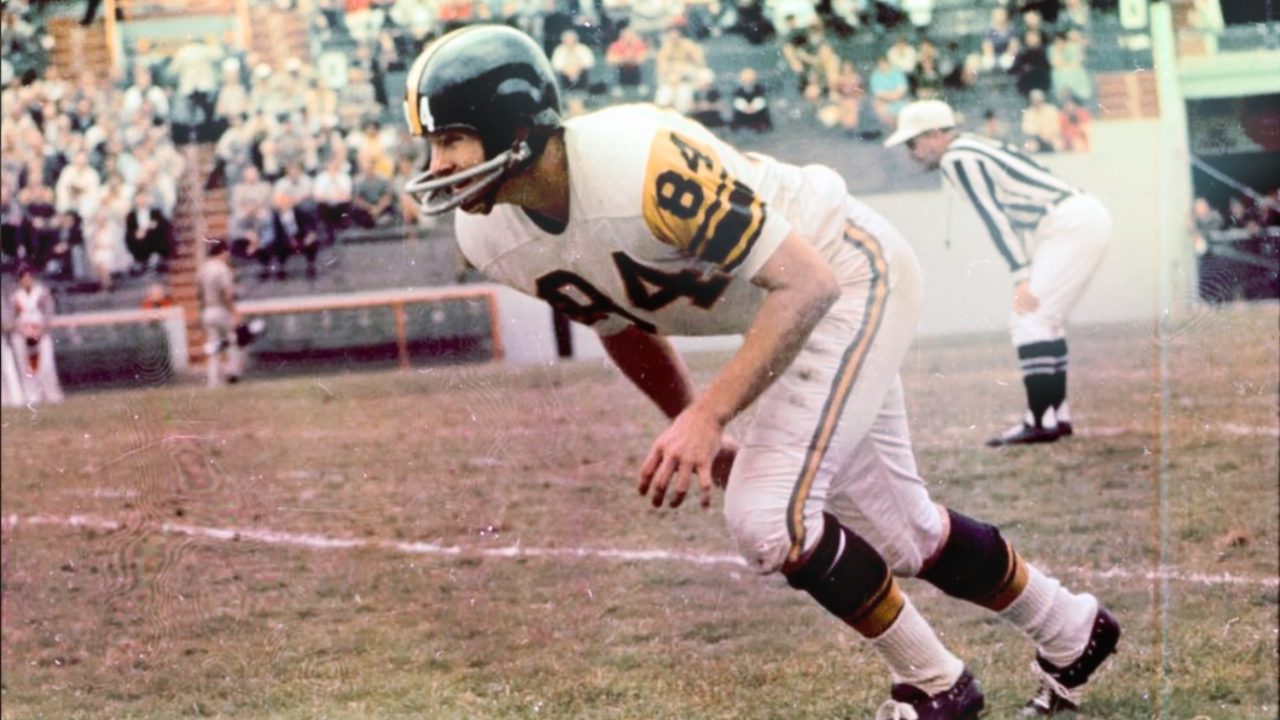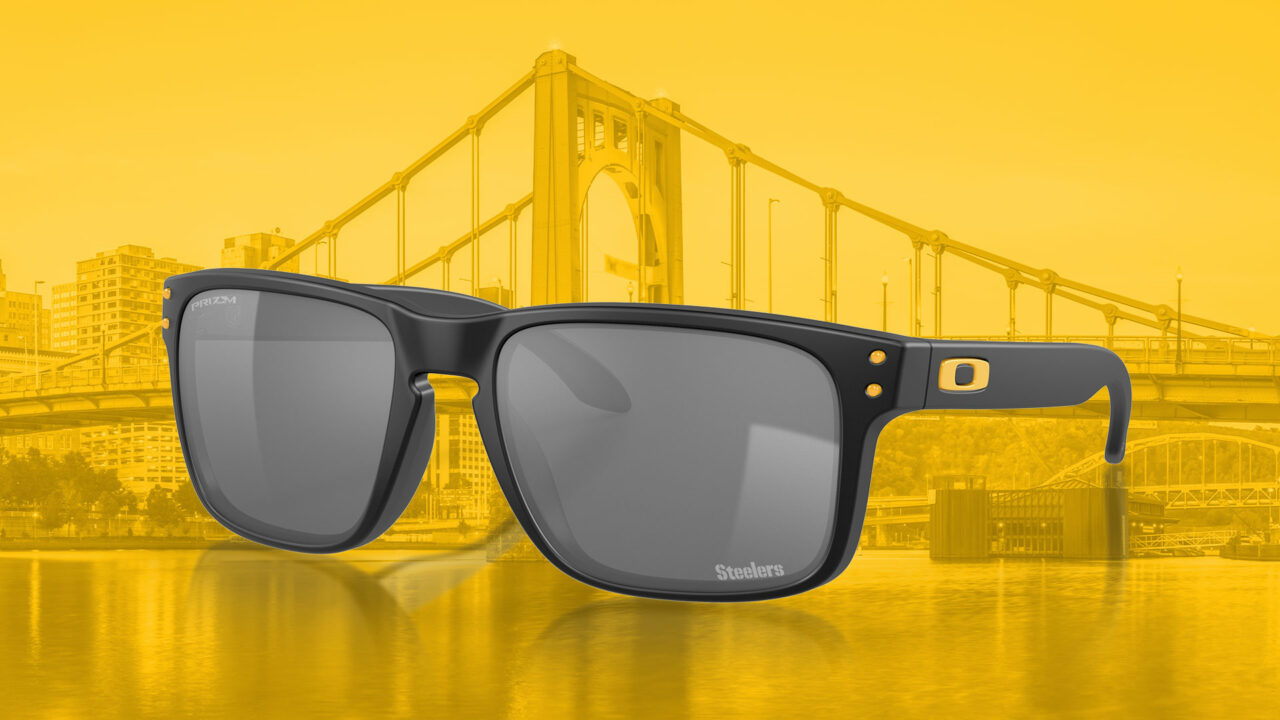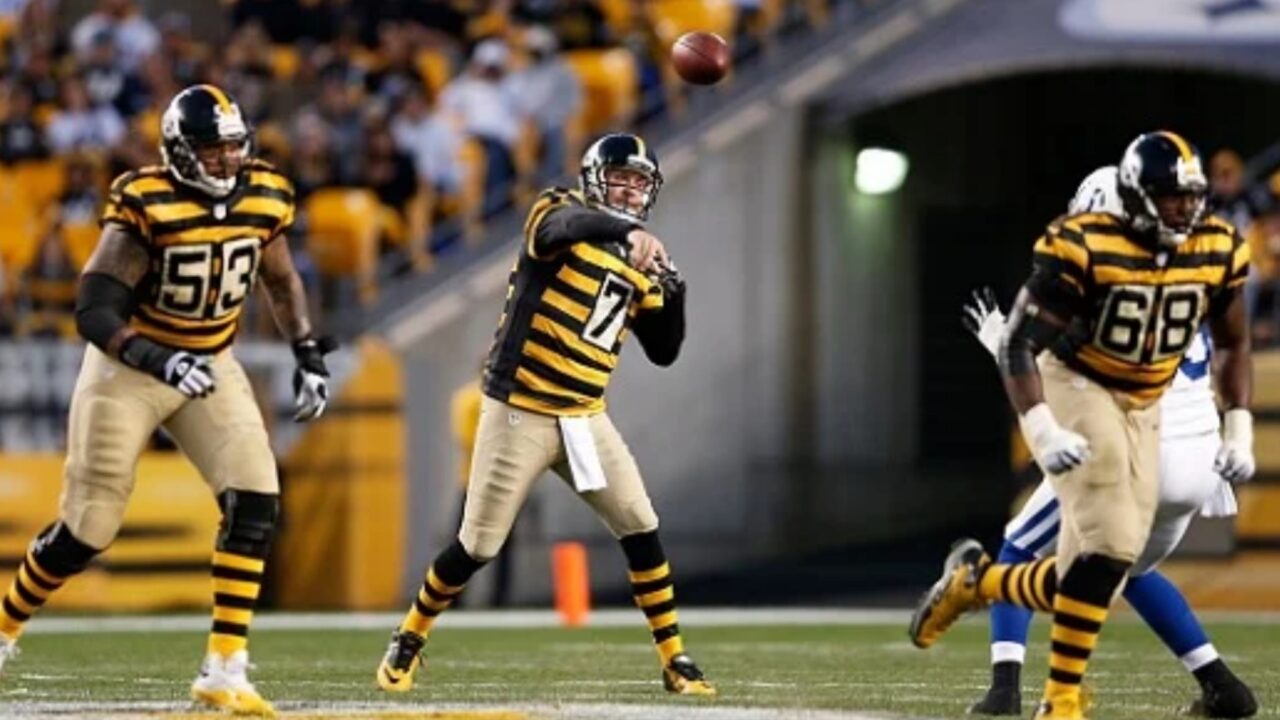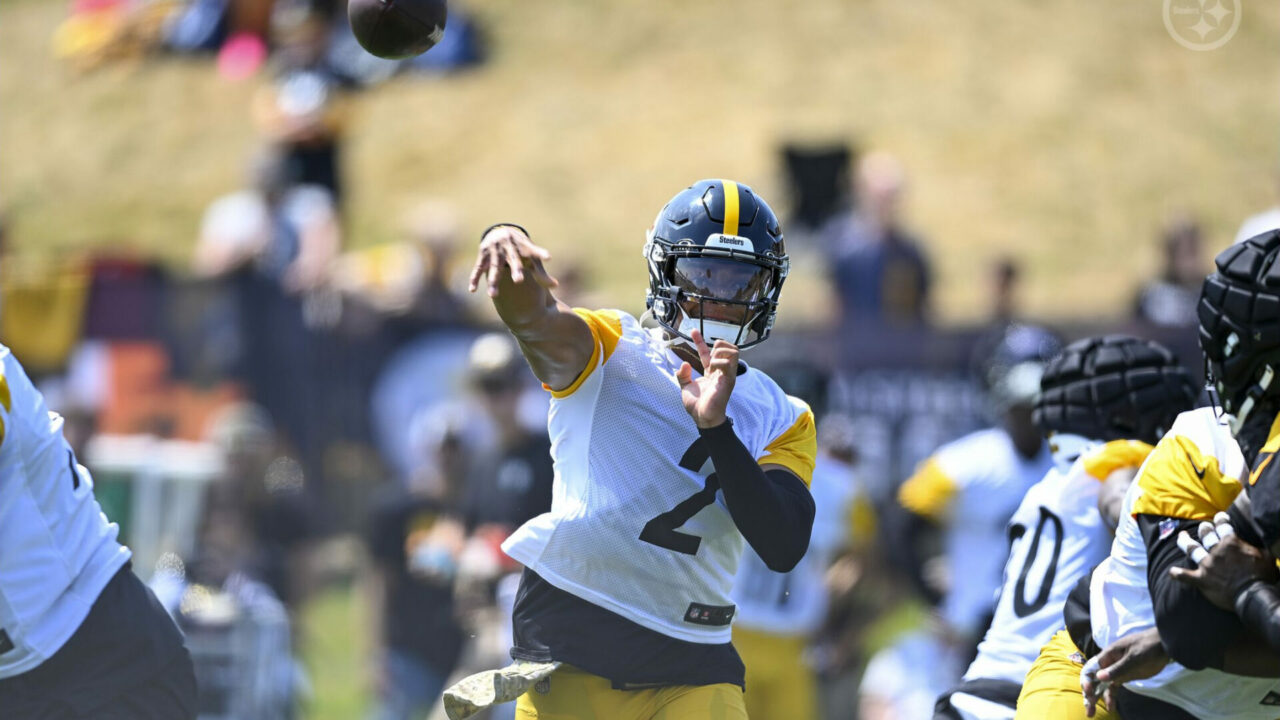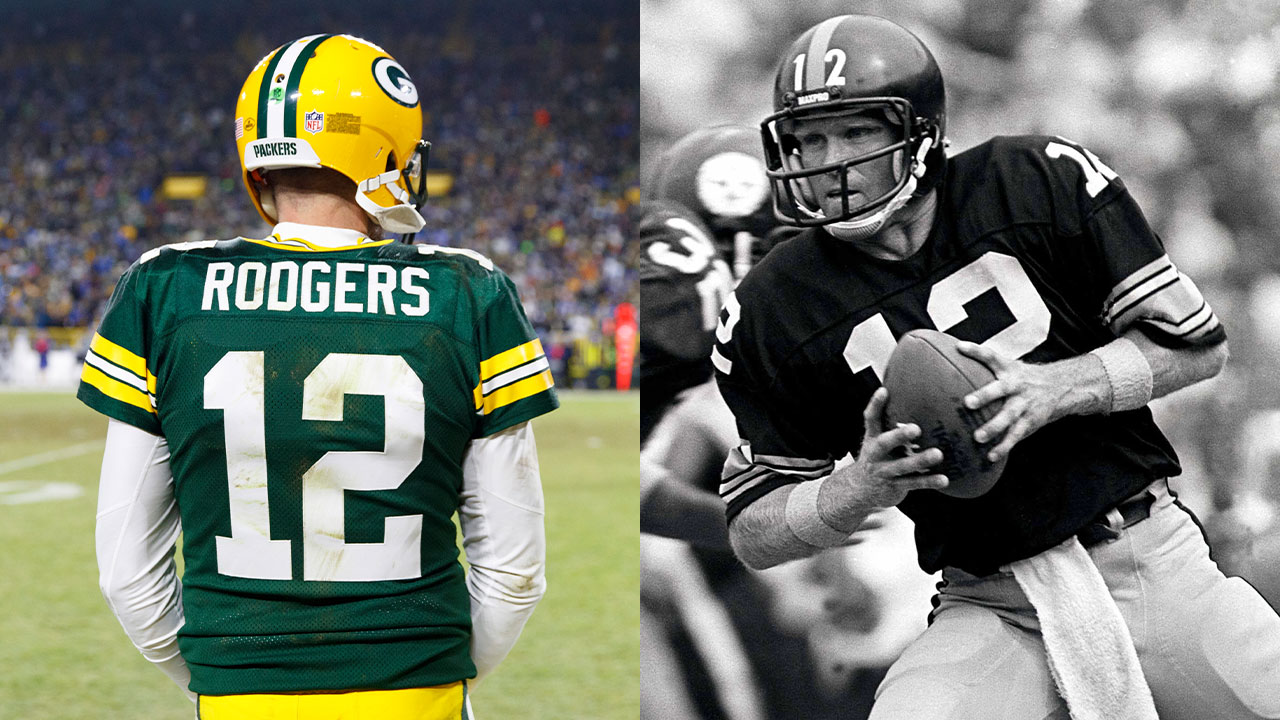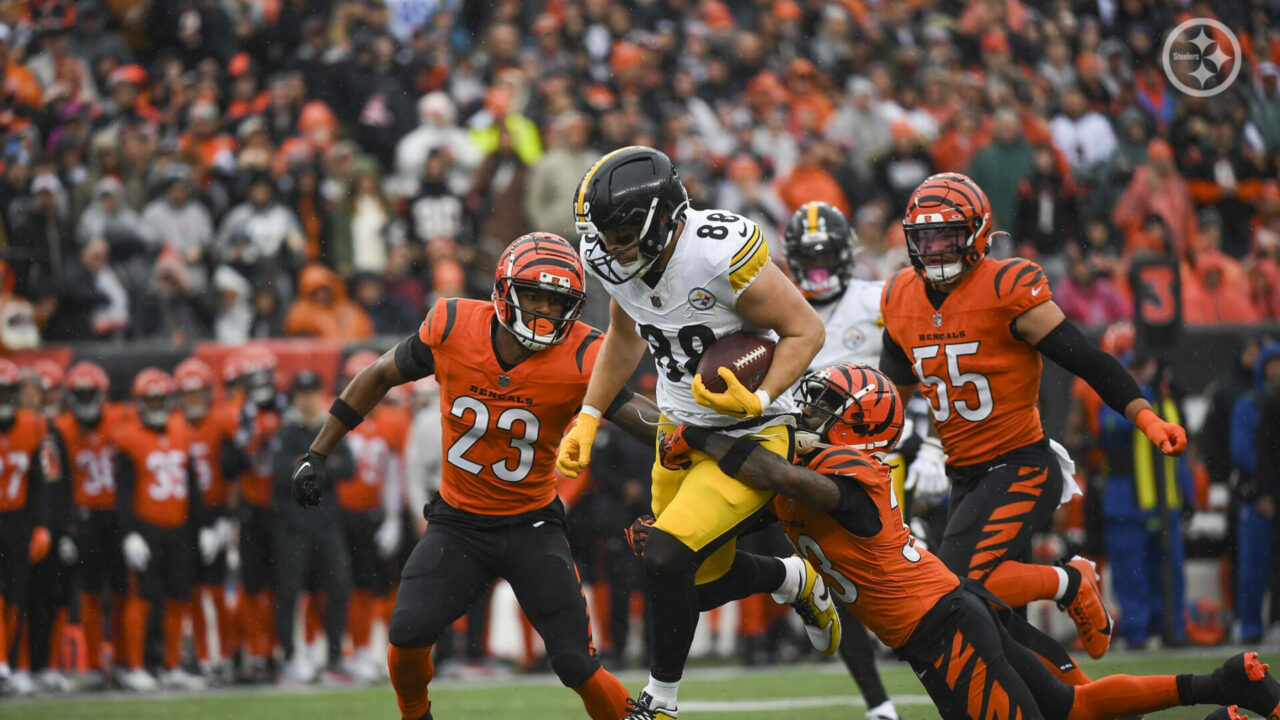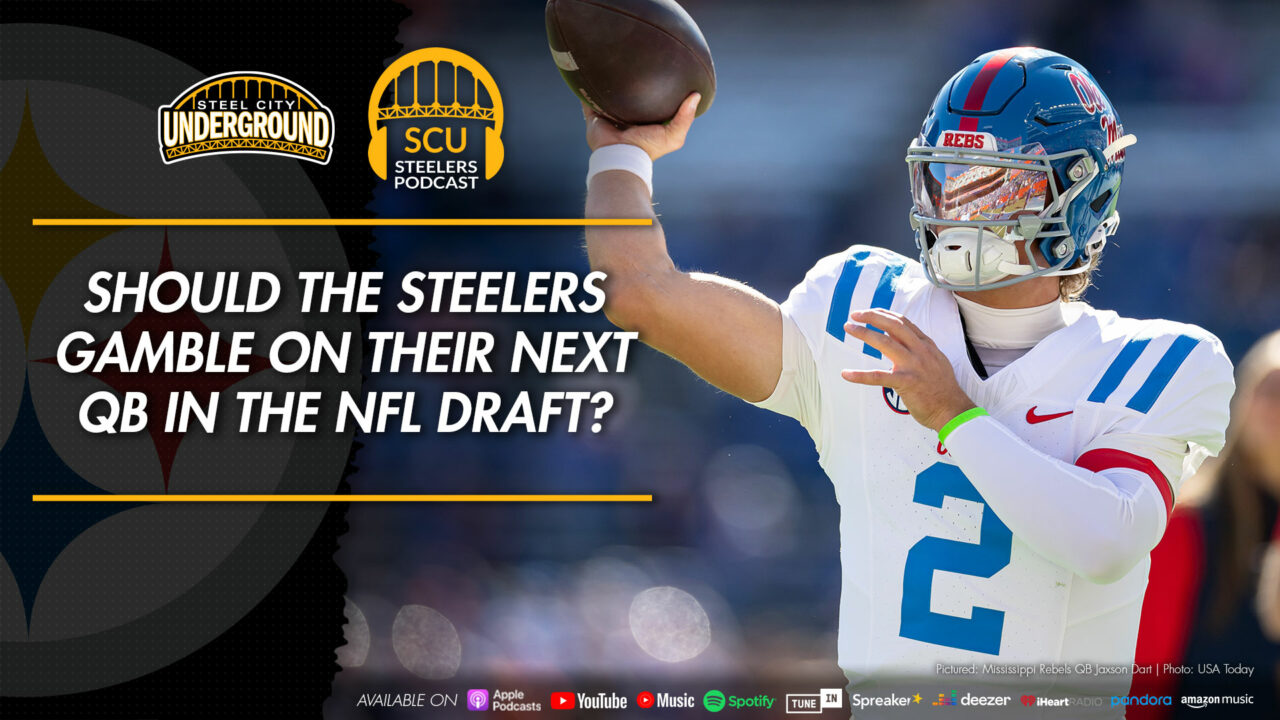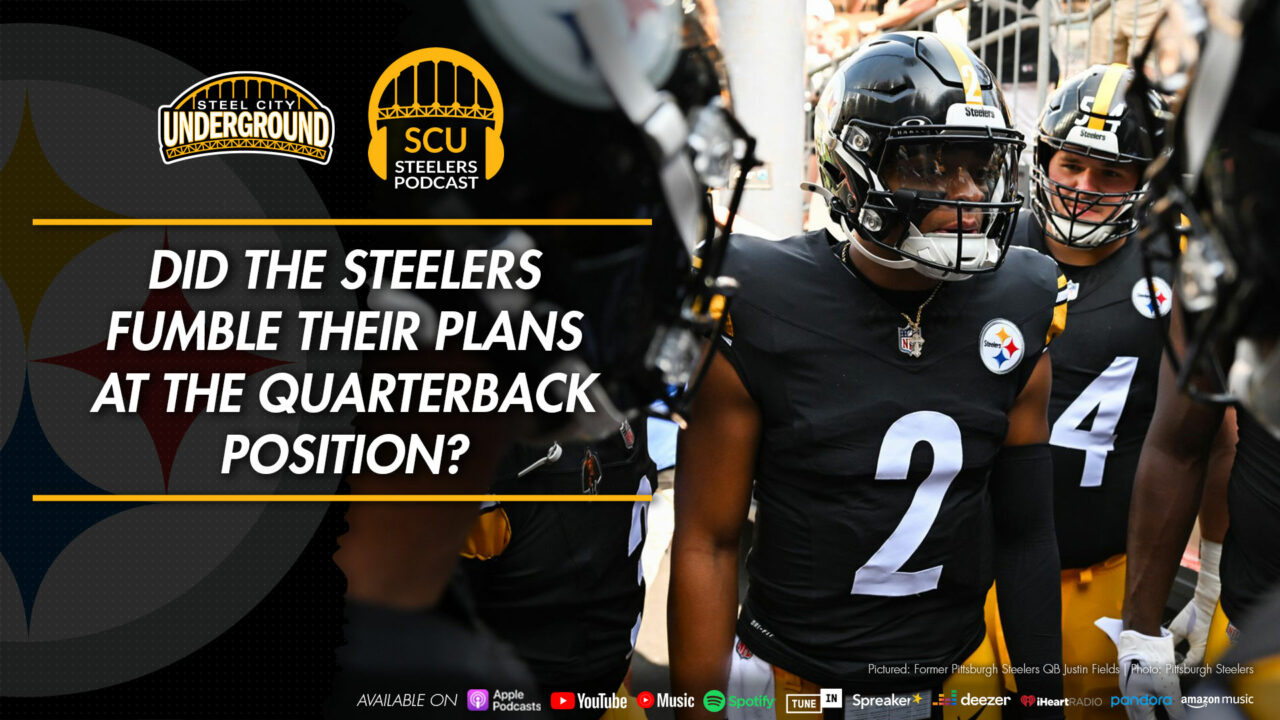Steelers Throwback Thursday: Dial for Appleton an NFL draft nightmare
Steel City Underground takes fans back in time to feature events, special moments, and historical times and players in the world of the Pittsburgh Steelers and Steelers Nation. Join us as we revisit these moments in our “Steelers Throwback Thursday” series.
The NFL Draft is of American historical significance as it has launched the professional careers of some of the top collegiate athletes in modern US sports. The Pittsburgh Steelers, one of the oldest franchises in the National Football League, traditionally have found success in the draft and in how they’ve handled trades into other rounds, or selections, to acquire players that contributed to their team. There have been some poor decisions, though, and we look at one of the most questionable draft moves in Steelers history here:
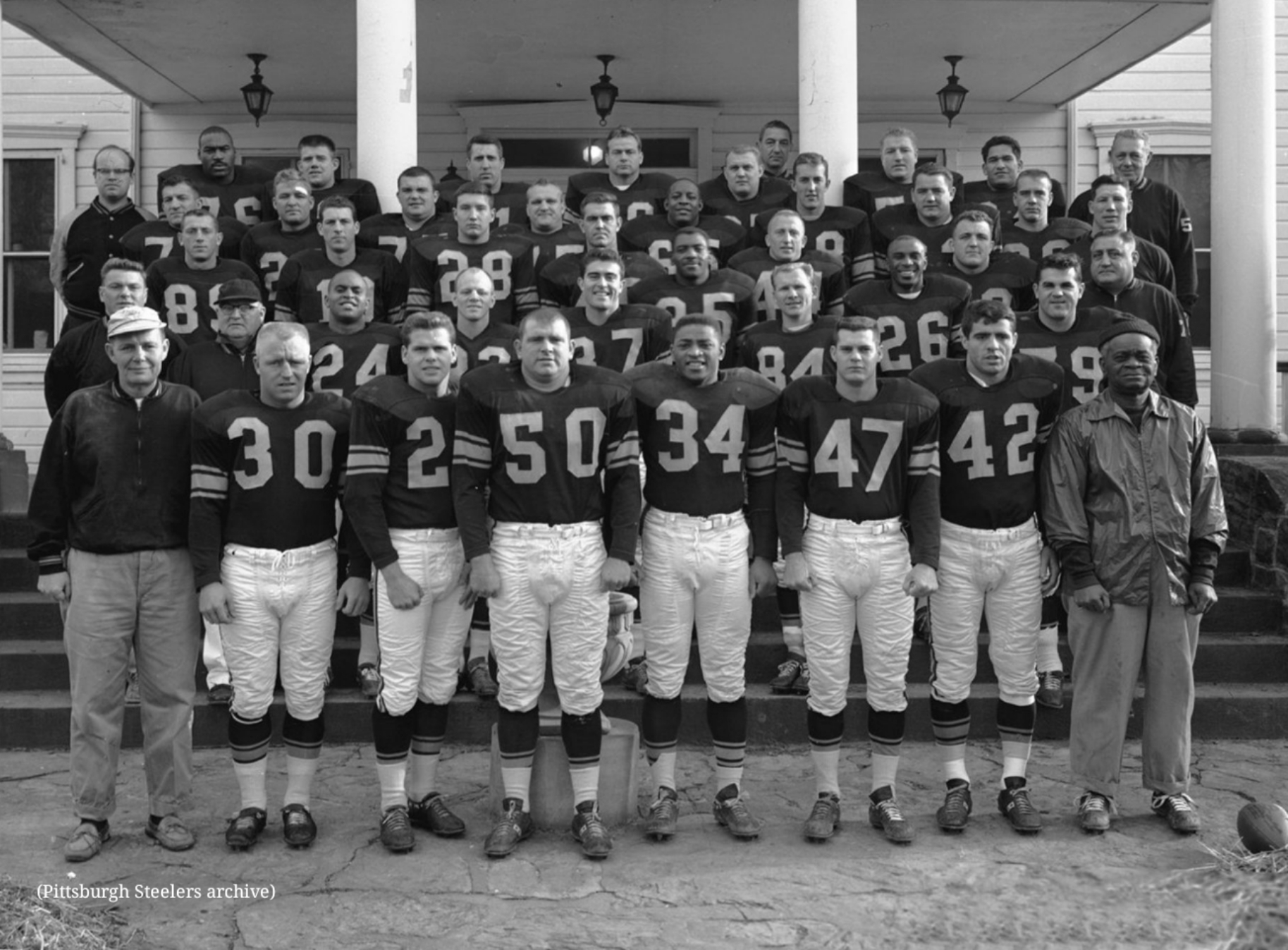
The Steelers in the early 1960s were coached by Buddy Parker (1957-64), Mike Nixon (1965), and Bill Austin (1966-68) before Hall of Fame coach Chuck Noll took over in 1969. Parker led the Steelers to five non-losing seasons, a major accomplishment for a Pittsburgh team that had its share of abysmal seasons.
Team history was made on October 25, 1964, when the Steelers retired jersey No. 70 in honor of Ernie Stautner (Pro Football Hall of Fame inductee, 1969) – the first time the franchise had retired a number. It would not be the only history-making event that year.
At the 1964 NFL Draft, Pittsburgh made a historically costly error in judgement that involved Buddy Dial.
Dial, a 6-foot-1, 194-pound receiver from Rice University (Houston, TX), was drafted by the New York Giants at No. 22 overall (second round) of the 1959 NFL Draft. He was subsequently cut after camp and immediately signed with Pittsburgh. With ties between the Rooney and Mara families, this was of little surprise that Dial would become part of the Steelers organization.
During his rookie season in Pittsburgh, Dial – working with quarterback Bobby Layne – grabbed 16 receptions for 428 yards and six touchdowns in a league that was still more accustomed to bruising backs running the ball.
While with the Steelers, Dial earned Pro Bowl honors twice and then added the following stats: 40 catches for 972 yards (24.3 yards per catch average) and nine touchdowns in 1960, 53 catches for 1,047 (19.8) and 12 scores in 1961, 50 for 981 (19.6) and six touchdowns in 1962, and grabbed 60 passes for 1,295 (21.6) and nine touchdowns in 1963.
What was a surprise was that, in 1964, the Steelers decided to trade the receiver who’d become an integral part of their offense for a player few Steelers fans alive today know much about: Scott Appleton
Appleton was, by all accounts, an outstanding person and player. A three-year starter as a University of Texas Longhorn at defensive tackle/lineman, Appleton helped Texas flirt with national championships in 1961 and 1962. In the heart of Texas, Appleton went from prep star to a collegiate superstar and, in 1963, earned All-American honors and the school’s first-ever Outland Trophy. He was key to Texas winning their first national title.
In 1963, Appleton – at 6-foot-3, 235 pounds – was able to play on both the offensive and defensive lines (as, at that time, many football players played on both sides of the ball) but his tenacity on defense was what set him apart.
The Steelers’ interest in acquiring Appleton was very high. During the 1964 NFL Draft, Pittsburgh sent Dial to the Dallas Cowboys for the rights to Appleton, who’d been selected by them with the fourth overall pick.
On paper, it looked like a great deal: a former second-round receiver for a most-feared defensive monster and top-5 pick!
At the time, though, the AFL (American Football League) had yet to merge with the National Football League. Instead of going to Dallas or Pittsburgh – despite the Dial deal – Appleton was selected by and signed with the Houston Oilers.
Appleton was a No. 6 overall selection in the AFL Draft and played with the Oilers from 1964-66. The Oilers traded Appleton and linebacker Johnny Baker to the San Diego Chargers for cornerback Miller Farr.
After playing for San Diego for two seasons, Appleton spent time with the Portland Storm in the World Football League… but never played a single snap in Pittsburgh or in the NFL.
Dial, no longer in Pittsburgh, played three more seasons in the NFL with Dallas. Career cut short by injury, the “what-ifs” remained in the thoughts of Steelers fans for years.
Dial is still considered to be one of the best players the Steelers have rostered. Fans of the Pittsburgh Steelers have long petitioned for Dial’s induction into the Pro Football Hall of Fame. That has yet to occur, and (unfortunately) Dial was unable to earn a Super Bowl championship during his career.
